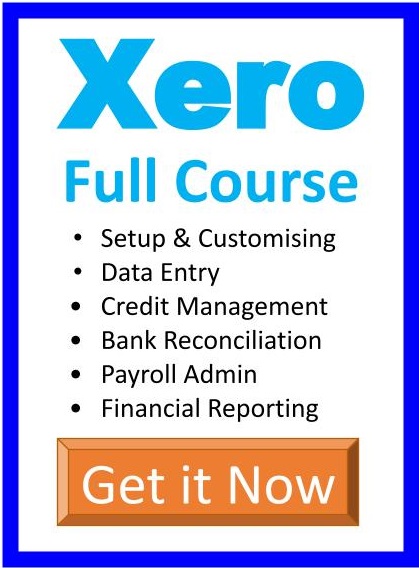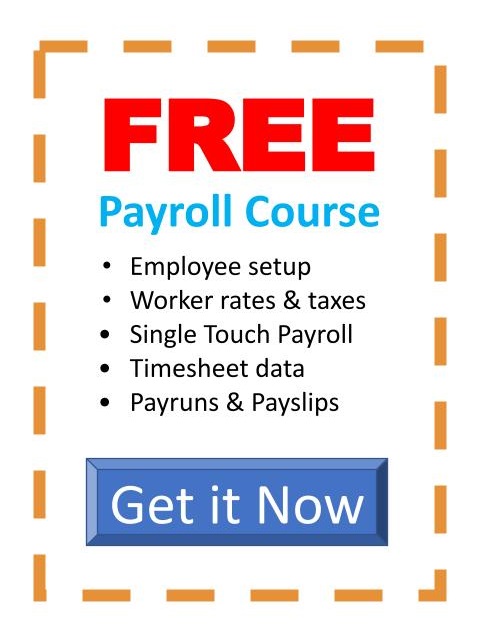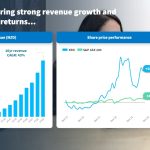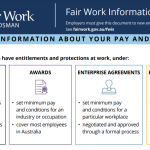Pay a Success-Based Tax
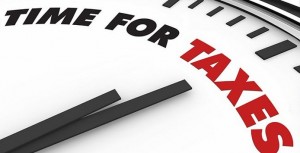 If you’ve ever owned an investment property, you know about capital gains tax (CGT). It’s that nasty little tax you pay on any gain you make when you sell or dispose of capital. There are exceptions, of course. If the property is your primary residence, you don’t pay any CGT. So why, then, if you operate a micro-business, and it’s the primary source of your income, do you still have to pay CGT? Is the Government being unfair to small businesses?
If you’ve ever owned an investment property, you know about capital gains tax (CGT). It’s that nasty little tax you pay on any gain you make when you sell or dispose of capital. There are exceptions, of course. If the property is your primary residence, you don’t pay any CGT. So why, then, if you operate a micro-business, and it’s the primary source of your income, do you still have to pay CGT? Is the Government being unfair to small businesses?
Think About Selling Early
We look at lots of things to do with finances and raising capital in our Small Business Management Course, but we don’t really look at what you need to do when you decide you no longer want to operate your business anymore. And really, we should. Read any book about starting a business, and one of the chapters will cover having an exit strategy.
Few people give much thought to how they would exit their business while they’re still in the start-up phase. Perhaps, that’s because it seems a little negative or like putting the cart before the horse. But having an exit strategy should be an important part of your overall business strategy.
Businesses and Capital Gains Tax (CGT)
Capital gains tax is one such consideration you need to make, because even if your business doesn’t cost anything to start, if you decide to sell the business later, you will have to pay CGT. This means that if you spend nothing starting your business, but sell it five years later for $15,000, you will have to pay CGT on the full $15k.
There are only a couple of concessions for people wishing to avoid paying CGT:
- If the business owner is aged 55 years or over, is retiring, and has consistently owned the business for 15 years, the entire capital gain can be disregarded.
- If the business owner is under 55 years of age, the capital gain is exempt if it is paid into a complying superannuation fund or retirement savings account.
- The capital gain can be deferred for a minimum of two years, if the owner is using the proceeds to acquire a new active asset.
- A small business may claim a 50 percent active asset reduction of a capital gain. An ‘active asset’ is any asset that has been active for the last 7.5 years if you’ve owned it for more than 15 years; or half of the test period if you’ve owned it for fewer than 15 years.
A small business is any individual, partnership, company or trust that ‘carries on a business’ and has an ‘aggregated turnover’ of less than $2 million. While most of you will probably pass the ‘small business test’, very few business owners will eligible for any of the concessions above, mainly because you’re not intending to retire.
+++
It seems to me like the Australian Government doesn’t really care about small businesses, even though 95 percent of the actively trading businesses in Australia are, in fact, small business operations. What do you think? Is the Australian Government being unfair to small businesses? Let us know at our Facebook for Small Business page.

